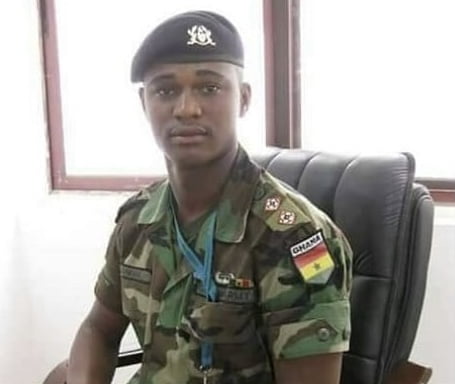A court in Ghana has handed down life imprisonment sentences to twelve individuals implicated in the tragic killing of Major Maxwell Mahama acquitting two others.
The verdict, rendered by a 7-member panel, found the suspects guilty of both conspiracy to commit murder and murder charges stemming from the heinous incident.
Among those sentenced to life imprisonment is William Baah, the former assemblyman for Denkyira Obuasi, whose involvement in the crime has been established through the legal proceedings. The verdict marks a pivotal moment in the pursuit of justice for Major Mahama and his bereaved family.
In a testament to the judicial process, the court also acquitted and discharged two individuals, namely Bismark Donkor and Bismark Abanga, following a thorough examination of the evidence presented during the trial. Their exoneration underscores the nuanced nature of the legal proceedings and the imperative of due process in determining guilt or innocence.
The unanimous guilty verdict returned by the panel underscores the gravity of the offenses committed and reflects the meticulous scrutiny applied to the case. The individuals convicted, including Bernard Asamoah, Akwasi Baah, Kwame Tuffour, Joseph Appiah Kubi, Kofi Nyarko, Michael Anim, Emmanuel Badu, John Bosie, Akwasi Baah, Charles Kwaning, and Kwadwo Anim, will now face the consequences of their actions as determined by the court.
With the jury discharged, the responsibility now lies with Justice Mariama Owusu to determine the appropriate sentencing for the convicted individuals. The impending sentencing phase represents a crucial juncture in the legal process, wherein the severity of the crimes committed will be duly considered in accordance with the law.
The tragic demise of Major Maxwell Mahama, who lost his life in the line of duty amidst an appalling act of violence, serves as a stark reminder of the perils faced by those in service to their nation. As the legal proceedings unfold, the pursuit of justice remains paramount, offering solace to the memory of Major Mahama and his loved ones while reaffirming society’s commitment to upholding the rule of law and ensuring accountability for grievous crimes.


